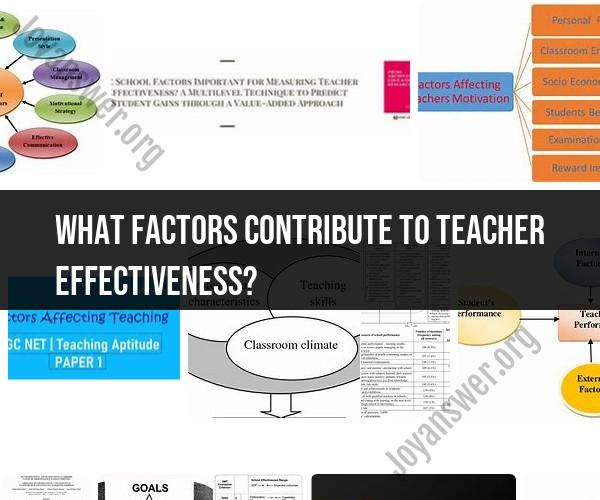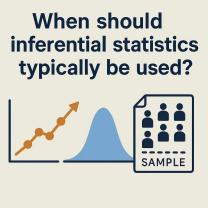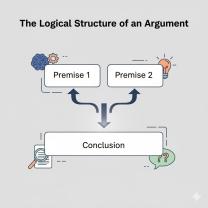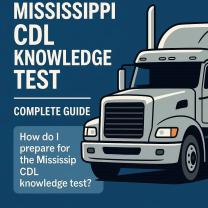What factors contribute to teacher effectiveness?
Teacher effectiveness is influenced by a combination of factors that encompass both personal qualities and professional practices. Effective teachers are those who have a positive impact on their students' learning and development. Here are key factors that contribute to teacher effectiveness:
Content Knowledge:
- Strong knowledge of the subject matter they are teaching is fundamental. Teachers need a deep understanding of the content to convey it effectively to students.
Pedagogical Knowledge and Skills:
- Teachers should be well-versed in effective teaching methods, strategies, and instructional techniques. They should know how to plan engaging lessons, differentiate instruction, and adapt to students' needs.
Classroom Management:
- Effective classroom management involves creating a positive and structured learning environment where students feel safe and engaged. Teachers should establish clear expectations and routines.
Relationship Building:
- Building positive relationships with students is essential for effective teaching. Teachers who show care, empathy, and respect for their students often have a more significant impact on their learning.
Communication Skills:
- Effective communication is crucial for conveying information clearly and for fostering a positive classroom atmosphere. This includes both verbal and nonverbal communication.
Adaptability:
- Teachers need to be adaptable and flexible in their teaching. They should be willing to adjust their instructional strategies based on student needs and changes in the learning environment.
Assessment and Feedback:
- Regular assessment of student learning and the ability to provide constructive feedback help students improve and progress. Effective teachers use assessment to inform their instruction.
High Expectations:
- Teachers who set high expectations for their students tend to see better results. Expecting students to achieve at high levels can motivate them to strive for excellence.
Continuous Professional Development:
- Effective teachers are committed to their own professional growth. They engage in ongoing learning, attend workshops, and seek opportunities to improve their teaching skills.
Reflective Practice:
- Reflecting on their teaching practices and experiences allows teachers to learn from their successes and challenges. Effective teachers use reflection to refine their instruction.
Cultural Competence:
- Teachers should be culturally competent and aware of the diverse backgrounds and needs of their students. They create inclusive classrooms that respect and value all students.
Technology Integration:
- In today's digital age, the ability to integrate technology effectively into teaching can enhance student engagement and learning outcomes.
Collaboration:
- Collaboration with colleagues, parents, and the community can enhance teacher effectiveness. Sharing ideas, resources, and insights with others can lead to better practices.
Passion for Teaching:
- A genuine passion for teaching and a love for working with students can be a powerful motivator. Passionate teachers inspire their students and create a positive learning atmosphere.
Teacher Well-Being:
- Teachers who prioritize their own well-being and work-life balance are more likely to be effective in the long term. Burnout can negatively impact teaching effectiveness.
Student-Centered Approach:
- Effective teachers focus on the needs and interests of their students. They tailor their instruction to meet individual learning styles and abilities.
Parent and Family Engagement:
- Involving parents and families in the educational process can have a positive impact on students' success. Effective teachers communicate and collaborate with parents.
It's important to note that teacher effectiveness is a complex and multifaceted concept, and the combination of these factors can vary depending on the context and grade level of teaching. Effective teaching requires ongoing reflection and adaptation to meet the evolving needs of students and the changing landscape of education.
Factors that Influence Teacher Effectiveness
There are many factors that influence teacher effectiveness, including:
- Teacher knowledge and skills: Teachers need to have a deep understanding of the subject matter they are teaching, as well as the skills and knowledge to teach it effectively. This includes knowledge of teaching methods, classroom management, and assessment.
- Student factors: Student factors, such as motivation, prior knowledge, and learning disabilities, can also influence teacher effectiveness. Teachers need to be able to differentiate their instruction to meet the needs of all students.
- Classroom environment: The classroom environment can also influence teacher effectiveness. A positive and supportive classroom environment can help students to learn and thrive.
- School resources: School resources, such as class size, access to technology, and professional development opportunities, can also influence teacher effectiveness.
Understanding the Elements that Contribute to Effective Teaching
Some of the key elements that contribute to effective teaching include:
- Clear and concise instruction: Teachers need to be able to communicate their instructions clearly and concisely. This means using language that is appropriate for the students' age and abilities.
- Active learning: Teachers should engage students in active learning activities. This means providing opportunities for students to do more than just listen to the teacher talk.
- Differentiation: Teachers need to differentiate their instruction to meet the needs of all students. This means providing different levels of support and challenge to different students.
- Feedback: Teachers need to provide students with feedback on their work. This feedback should be specific and timely.
- Assessment: Teachers need to assess student learning on a regular basis. This assessment should be used to inform instruction and to identify students who need additional support.
Keys to Teacher Success: Factors of Effectiveness
Effective teachers are those who are able to create a positive and supportive learning environment, differentiate their instruction to meet the needs of all students, and provide clear and concise instruction. They are also able to engage students in active learning activities, provide feedback on student work, and assess student learning on a regular basis.
In addition to the factors listed above, effective teachers are also passionate about teaching and learning. They are constantly striving to improve their craft and to find new ways to help their students succeed.
Schools and districts can support teacher effectiveness by providing them with access to resources, professional development opportunities, and a supportive work environment.













